Peaceworks
Publications
Articles, publications, books, tools and multimedia features from the U.S. Institute of Peace provide the latest news, analysis, research findings, practitioner guides and reports, all related to the conflict zones and issues that are at the center of the Institute’s work to prevent and reduce violent conflict.
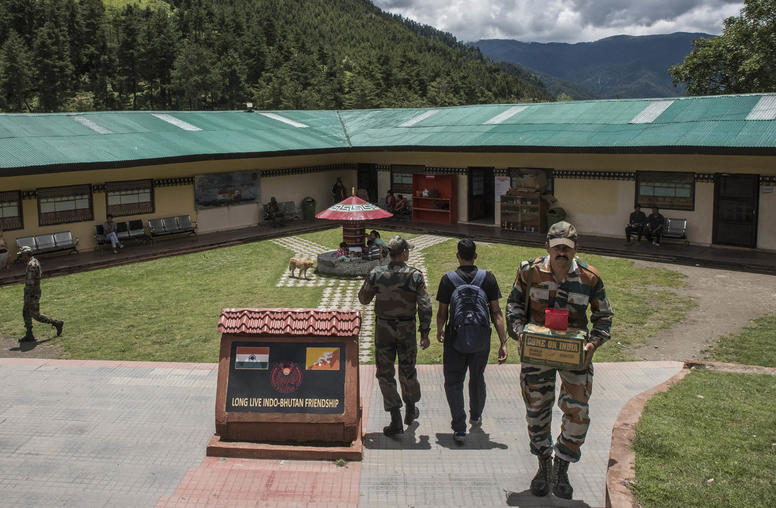
What’s Driving India-China Tensions?
Since deadly clashes between India and China on their 2,100-mile disputed border — known as the Line of Actual Control (LAC) — nearly four years ago, the two countries have remained in a standoff and amassed an increasing number of troops on either side of the LAC. While India and China have held regular exchanges at the corps commander level since 2020, each side has also continued to militarize and invest in infrastructure in the high-altitude border regions, which may exacerbate risks of clashes or escalation. India-China competition has also deepened beyond the land border, particularly in the Indian Ocean region.
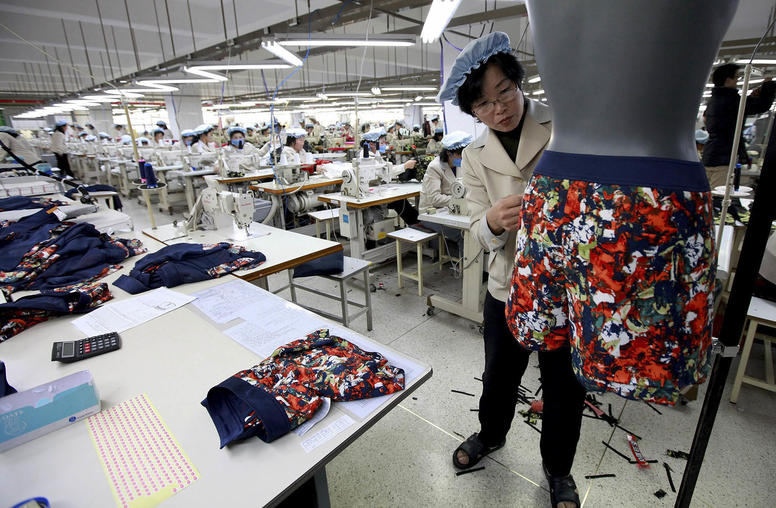
A Framework for Meaningful Economic Engagement with North Korea
North Korea has faced enormous challenges in providing health and food security for its population since its economic collapse and famine of the 1990s. A principal reason was prioritizing state security in the military-first policy under Kim Jong Il and later advancing nuclear and missile programs under Kim Jong Un. Self-reliance ideology was another important factor. In addition, the unresolved Korean War and underlying North Korean perceptions of U.S. and international hostility cast a cold shadow over diplomatic and economic cooperation.

It’s Time to Resolve the Korean War
The greatest challenge to peaceful coexistence between North Korea and the United States is the technical state of war between the two countries. The United States and the Soviet Union may have been at ideological loggerheads, used proxies in regional conflicts and come close to direct superpower blows — but they were not in a state of war. Resolution of the Korean War should be set as a stated U.S. policy objective. This is a necessary Step Zero on the road to peaceful coexistence with North Korea today and could reduce the risk of deliberate or accidental conflict, nuclear or otherwise.
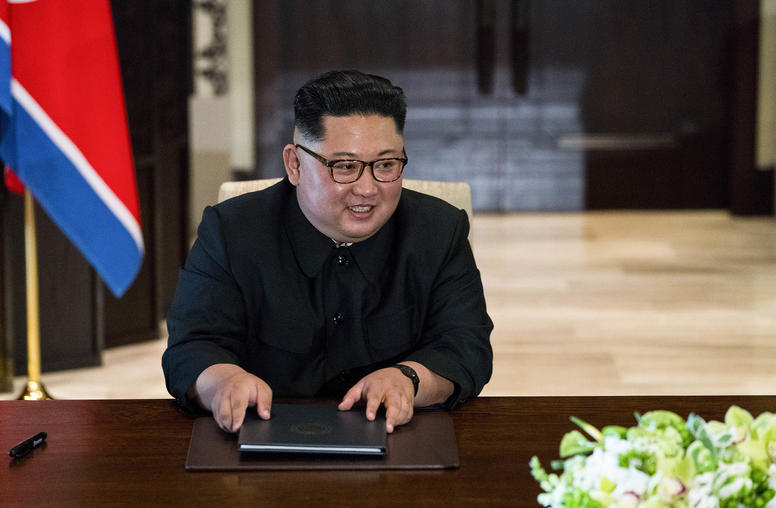
If You Want Peace, Prepare for War, and Diplomacy
At this Kim Dae-jung Peace Forum, it’s useful to recall seemingly paradoxical advice offered by a fourth-century Roman general: Si vis pacem, para bellum. “If you want peace, prepare for war.”
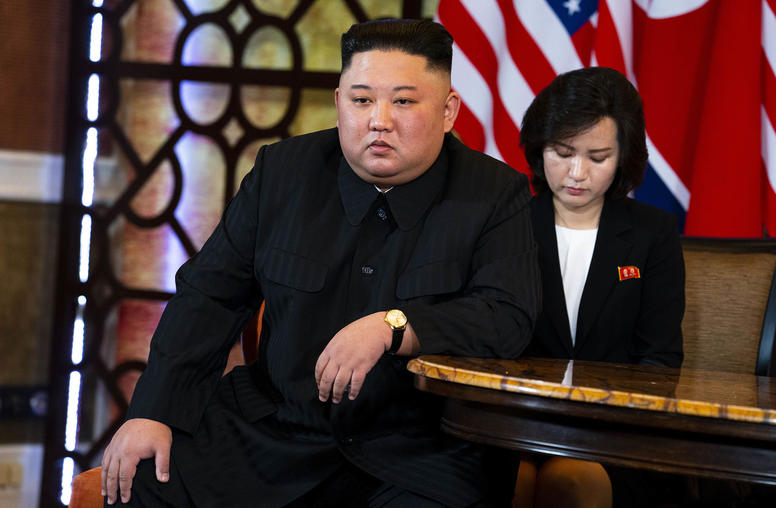
Climate Change as a Path to Engagement with North Korea
Since North Korea broke off talks with the United States after their 2019 meeting in Stockholm, progress in engaging Pyongyang on its nuclear weapons and other issues has stalled. The pandemic likely played a significant role in cooling engagement, but Pyongyang’s growing relationship with Russia has further reduced its incentives to engage with the United States.
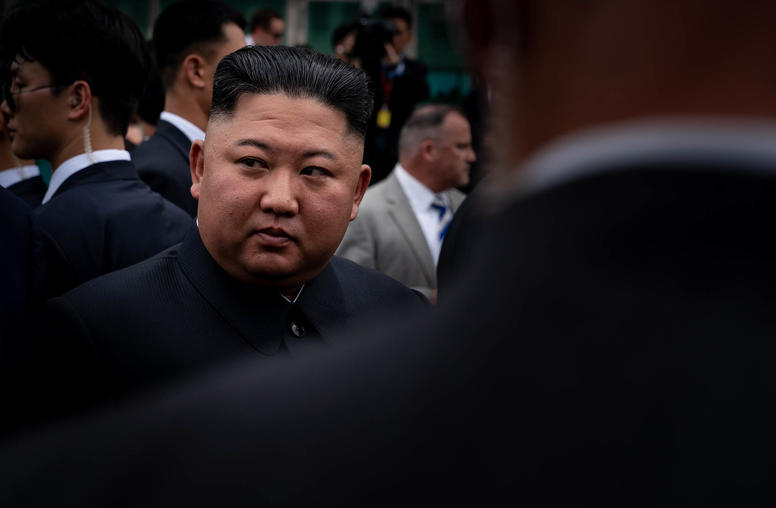
Seeking Peaceful Coexistence with North Korea: What Would Kennan Do?
The challenge that North Korea poses to the United States — as a hostile, intransigent and seemingly implacable power with nuclear weapons — is in many respects a microcosm of the challenge posed by the Soviet Union during the Cold War. How would George F. Kennan, who devised the strategy of containment for dealing with the Soviet Union, have advised Washington in confronting Pyongyang?
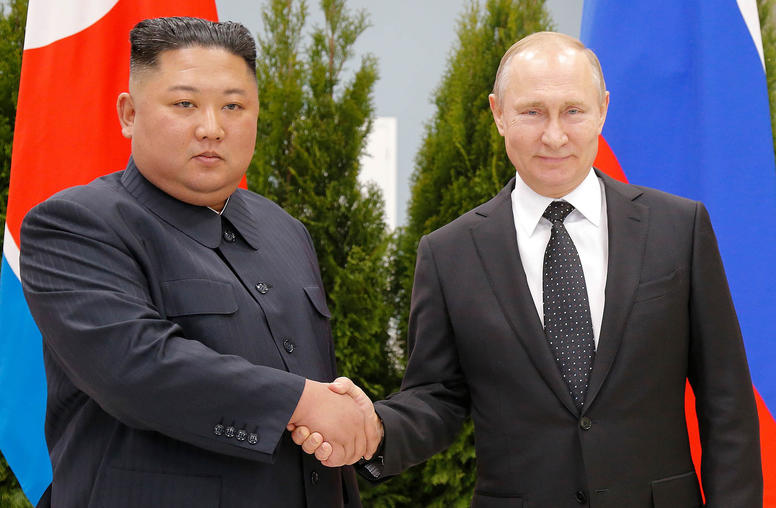
Why Calls for Regime Change in North Korea Can Be Counterproductive
Last September, North Korea’s supreme leader, Kim Jong Un, traveled through Russia’s Far East, where he met with Russian President Vladimir Putin to discuss munition sales in return for collaboration on space and other military technology. While Kim was outside of North Korea, Pyongyang test launched a ballistic missile in a move that is becoming quotidian. Although the test was one of dozens that have happened just in the past year, it was the first such test to occur while North Korea’s supreme leader was out of the country.

Baghdad Is Ready for a New Chapter in U.S.-Iraq Relations
Iraqi Prime Minister Mohammed Shia al-Sudani met last week with U.S. President Joe Biden at the White House as part of a weeklong visit aimed at strengthening bilateral relations. The visit occurred amid several historic anniversaries and dangerous developments in the Middle East. April marks the 21st anniversary of the toppling of Saddam Hussein. Since 2003, the U.S.-Iraq relationship has witnessed many ups and downs. Even as tensions persist, particularly in relation to the U.S. troop presence in the country, al-Sudani’s visit — which featured the largest delegation Iraqis have brought to Washington — demonstrates Iraqi will to start a new chapter in the strategic partnership that goes beyond security.

Blinken’s China Trip Shows Both Sides Want to Stabilize Ties
U.S. Secretary of State Antony Blinken traveled to China last week as part of a series of recent high-level contacts between Washington and Beijing. Although no major breakthroughs came out of the trip, it demonstrates that both sides want to prevent bilateral ties from sinking any lower, even as U.S.-China competition continues to intensify.

Nine Things to Know About Myanmar’s Conflict Three Years On
On March 28, 2021, barely two months after the February 1 coup in Myanmar, a minor skirmish erupted at the Tarhan protest in Kalay township in central Sagaing region as demonstrators took up makeshift weapons to defend themselves against ruthless assaults by the junta’s security forces. This was the first recorded instance of civilian armed resistance to the military’s violent crackdown on peaceful protesters since the February 1 coup d’état.